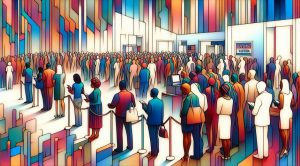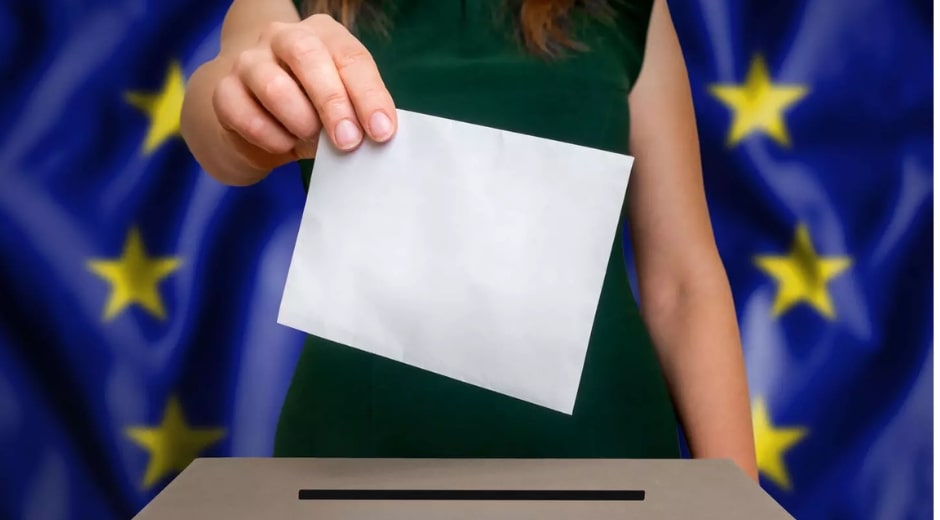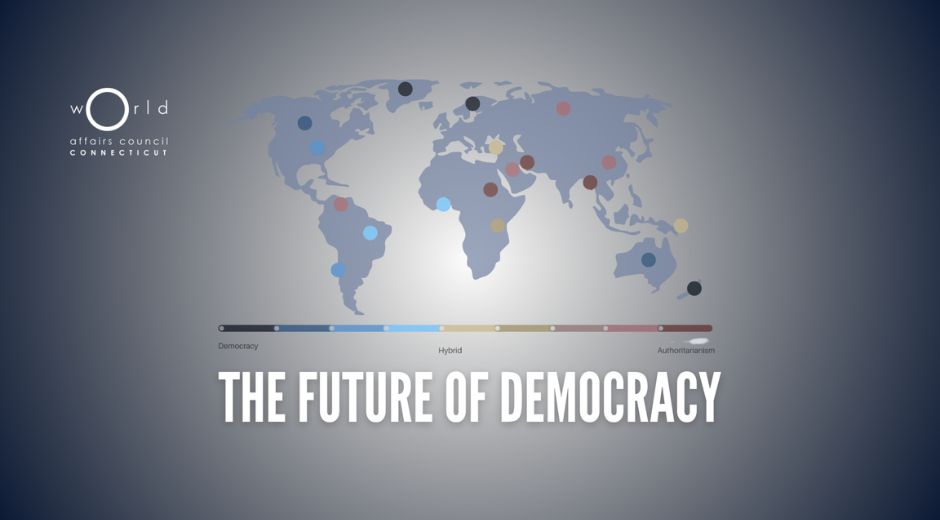Digital Propaganda & AI: The New Frontier in Political News
Digital Propaganda & AI: The New Frontier in Political News
Introduction
In the digital age, political messaging has undergone a dramatic transformation. The rise of Digital Propaganda & AI tools has reshaped the way campaigns communicate with voters, allowing messages to be targeted, personalized, and amplified across multiple platforms. From social media to deepfake videos, the influence of technology on politics is undeniable.
Understanding Digital Propaganda & AI is crucial not only for political strategists but also for citizens seeking to navigate today’s complex information ecosystem. These technologies can manipulate perceptions, shape opinions, and ultimately affect the democratic process.
1. What Is Digital Propaganda & AI?
Digital Propaganda & AI refers to the use of automated systems and artificial intelligence algorithms to create, distribute, and amplify political content. This includes targeted ads, chatbots, fake news, and algorithm-driven news feeds that are designed to influence public opinion.
The combination of data analytics and machine learning allows campaigns to identify voter preferences, predict behavior, and craft highly persuasive messaging. While traditional propaganda relied on newspapers, posters, and TV ads, Digital Propaganda & AI operates at an unprecedented scale and precision.
2. How AI Shapes Political Messaging
AI algorithms can analyze vast amounts of data from social media, surveys, and online interactions. This enables political actors to identify undecided voters, understand trending issues, and create content that resonates with specific demographics.
For example, predictive analytics powered by AI can determine which messages are most likely to persuade a voter in a swing district. Platforms like BusinessForumHub highlight how businesses and political campaigns are increasingly relying on AI for strategy development and audience targeting.
3. The Role of Social Media in Digital Propaganda
Social media platforms are central to the spread of Digital Propaganda & AI. Algorithms prioritize content that generates engagement, often amplifying sensational or polarizing material. This creates an environment where misinformation can spread rapidly, influencing public opinion in subtle ways.
Users may unknowingly share AI-generated content, further expanding its reach. For a deeper understanding of the mechanics behind these technologies, platforms like StudySkillUp provide educational resources on digital literacy and media analysis.
4. Deepfakes and Misinformation
One of the most concerning aspects of Digital Propaganda & AI is the rise of deepfake technology. Deepfakes can create realistic but fabricated videos of politicians, potentially manipulating elections or public perception.
These tools make it increasingly difficult to distinguish between authentic and manipulated content. Research by FinanceWorldHub indicates that such misinformation can influence not only political outcomes but also economic stability when used to affect market sentiments.
5. Ethical Considerations and Regulation
The growth of Digital Propaganda & AI raises significant ethical questions. Should political campaigns be allowed to use AI to manipulate voter behavior? How can societies protect democracy while embracing technological innovation?
Regulation is still catching up. Some countries have implemented laws to monitor digital campaigning, while others are exploring AI auditing systems. Platforms like FocusMindFlow provide thought leadership on ethical AI use and policy recommendations.
6. How Citizens Can Protect Themselves
Digital literacy is critical. Understanding how Digital Propaganda & AI works empowers individuals to critically evaluate online content. Citizens should:
-
Verify sources before sharing information.
-
Use fact-checking tools to confirm claims.
-
Be aware of echo chambers and algorithm-driven news feeds.
Resources such as Politicxy offer analysis and guidance to help readers navigate the evolving political landscape with awareness and responsibility.
7. The Future of Digital Political Campaigns
As AI technology continues to advance, political campaigns will increasingly rely on Digital Propaganda & AI for strategy and outreach. Predictive models, automated content generation, and hyper-targeted advertising will likely become standard tools.
While this offers efficiency and personalization, it also underscores the need for transparency, regulation, and public education. Citizens, journalists, and policymakers must collaborate to ensure that technology strengthens democracy rather than undermines it.
8. Case Studies and Examples
Numerous recent elections have demonstrated the power of Digital Propaganda & AI:
-
Social media campaigns targeting micro-demographics.
-
AI-powered bots spreading political messaging.
-
Deepfake videos impacting public perception.
Educational platforms like StudySkillUp and analysis portals such as FinanceWorldHub provide comprehensive examples of these techniques, offering lessons for both political professionals and informed citizens.
9. Balancing Innovation and Responsibility
The challenge lies in balancing technological innovation with ethical responsibility. Digital Propaganda & AI is a tool — its impact depends on how it’s used. Responsible campaigns should prioritize transparency, avoid deceptive practices, and consider the societal consequences of their messaging.
Engaging with expert analysis on BusinessForumHub and ethical insights from FocusMindFlow helps policymakers and practitioners navigate these complex issues effectively.
Conclusion
Digital Propaganda & AI is undeniably shaping the future of political news and campaigns. By understanding its mechanisms, ethical implications, and potential consequences, both citizens and policymakers can respond proactively.
As the political landscape continues to evolve, platforms like Politicxy, Metro Property Homes, and the other referenced sites provide valuable insights, helping society adapt responsibly to the intersection of technology and democracy.
Embracing awareness, digital literacy, and ethical frameworks will ensure that Digital Propaganda & AI serves as a tool for engagement, not manipulation.
The Pulse of Politics

Sanctions Policy As A Non Military Tool Of Pressure
Sanctions Policy As A Non Military Tool Of Pressure

Information Warfare In Politics And The Fight For Truth
Information Warfare In Politics And The Fight For Truth

Democratic Backsliding, Early Warning Signs To Watch
Democratic Backsliding, Early Warning Signs To Watch

Policy Experiments Tested Locally Before National Adoption
Policy Experiments Tested Locally Before National Adoption

Voting Access Barriers And How They Affect Turnout
Voting Access Barriers And How They Affect Turnout













